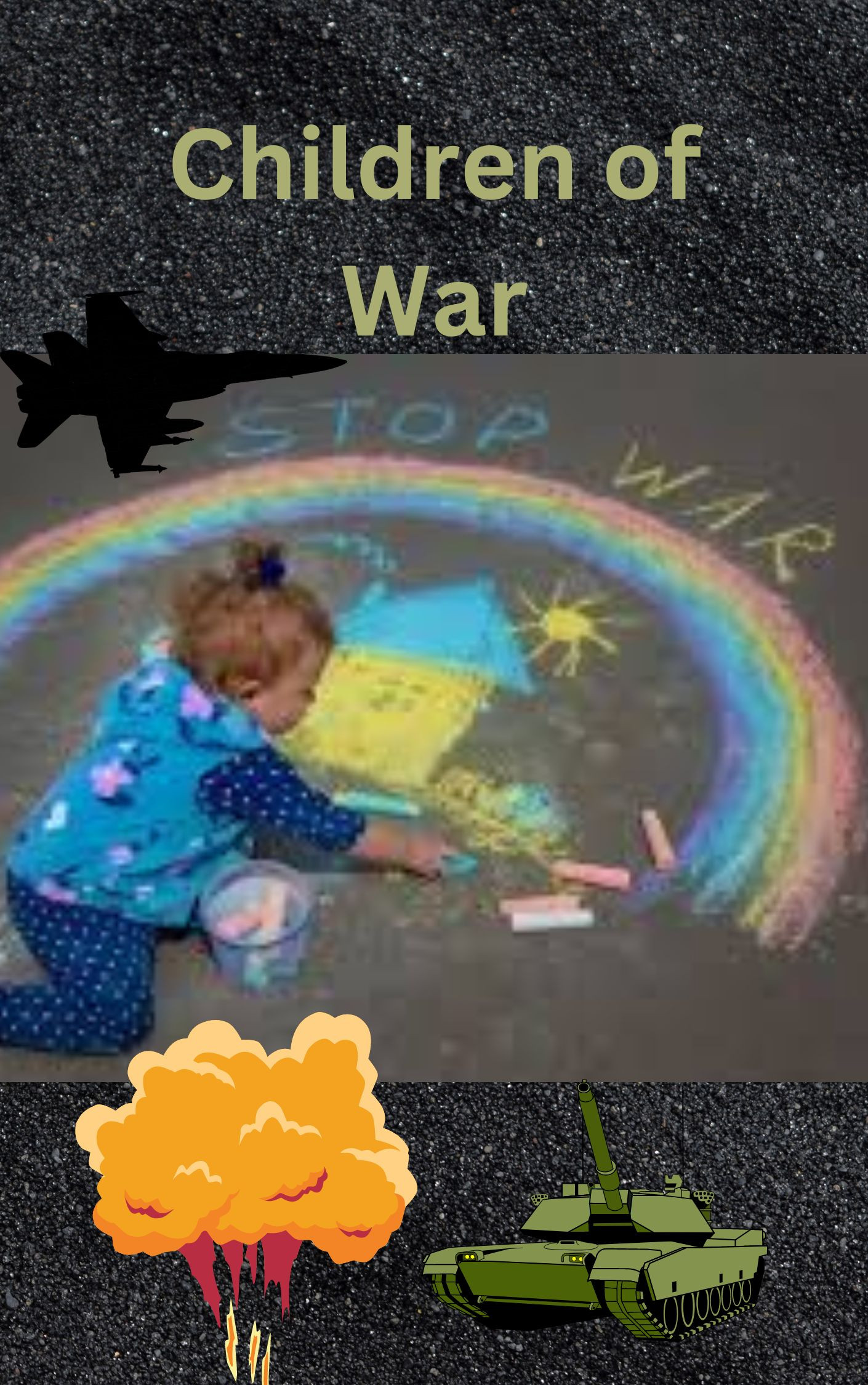Children of War
Children are the most affected by war. In a war-torn zone, the trauma children undergo will live with them until the day they die. The trauma induced is deep-rooted and healing from the effects of war is never easy or most often than not, out of the question. Ultimately, the consequences of war related trauma will require precautionary measures as cure is never attainable. Children who has survived the worst of wars will need special attention and aid. Imagine hearing the bomb sirens or gunshots or worse, watch a building crumble right before your eyes. Imagine watching people killed or dying, or writhing in pain from wounds. The pain of the whole situation will numb a young mind to silence. I don't think these children will ever be able to interact amicably with another human after witnessing the horrors of war. How do we treat children who has seen the worst of wars and suffered as a consequence? First, we must accept that children of war are mentally affected by the situation they are thrust into. The psychological effects are massive and often these children withdraw into their own shell due to the frightening situation. Their need to explain even to themselves the results of war can have dire consequences in their actions towards those they love. They become hateful and distrusting of the world around them. In order to help them overcome the difficult transition to lead a normal life as best as they can, the caregivers must be patient with their behavioral patterns. A psychiatrist treating the child will tell you how difficult it is to get them to speak about their trauma. Instead of coming out with their fears, they often hide their feelings of insecurities and fright and try to avoid human connection. They will find it hard to interact with outsiders with the exception of their family members. Often, in the long run, the children blame their elders and family members for the trauma of war they face. They will want someone to blame themselves. Why the war? Effective treatments like trauma-focused cognitive behavioral therapies and narrative exposure therapy are available, however, family support will ultimately play a crucial role in helping children recover fully or to the extent that they can forget for a while. Children need love and a good environment to nurture their growth and look forward to a full life. It is an abhorrence to have them experience war and live to regret the chances they have missed to grow out their childhood and to understand the horrific way their lives have unfolded. At least for the love of a child, wars should end and peaceful negotiations given preference. No matter what it takes, choose peace against war. We wouldn't want to partake in ruining the lives of our children to gloat over the power of being victorious, now do we? Wars won are never a victory at the expense of even one child. The End. (This essay was first accepted for publication in the December'23 online issue by Welter@University of Baltimore. https://blogs.ubalt.edu/welter/digital-lit-current-issue)








